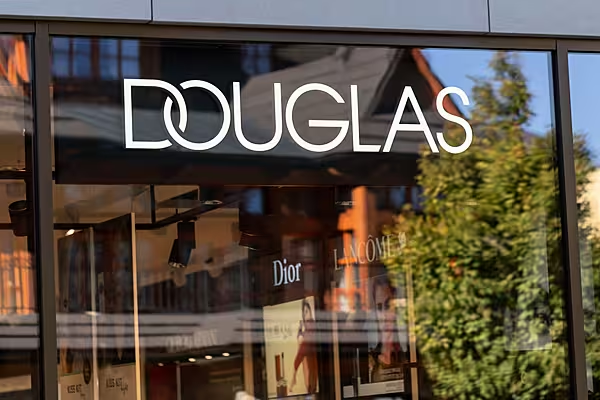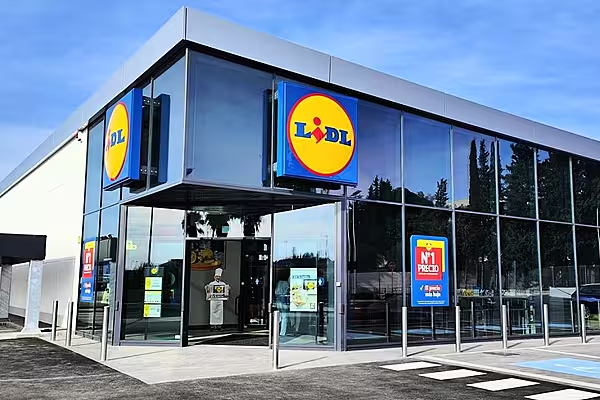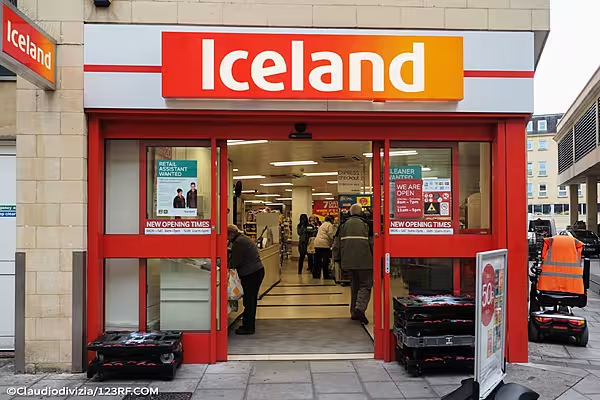The Norwegian Competition Authority has announced that it has closed its investigation case on purchase prices against Norgesgruppen, Orkla and Mondelēz.
The investigation, which began in November 2019, found considerable differences in the grocery chains' purchase prices, with Norgesgruppen obtaining better conditions from suppliers than its competitors Coop and Rema 1000.
It also found that Norgesgruppen obtained better purchase prices from Orkla and Mondelēz compared with other retail chains.
Director general for competition at the Norwegian Competition Authority, Lars Sørgard, said, "After thorough consideration, we have found no basis for continuing the investigation. We have, among other things, considered whether dissimilar conditions have been applied to equivalent transactions, whether dissimilar conditions may have restricted competition, and, if so, whether this could be the result of an anticompetitive agreement or abuse of a dominant position."
Purchase Prices
The body investigated whether differences in purchase prices have been a breach of the Competition Act.
Sørgard added, "Price differences occur as a result of negotiations, and tough negotiations between suppliers and grocery chains can give the chains lower purchase prices and, thereby, a basis for lowering their prices to consumers.
"This will benefit customers, even if differences between the grocery chains become considerable. Therefore, there is no general prohibition against differences in purchase prices."
Commenting on the decision, Norgesgruppen CEO Runar Hollevik said, "The decision from the Norwegian Competition Authority is as expected, and in line with what we have claimed since the case was opened. The Norwegian Competition Authority has spent 1.5 years, and I am pleased that they have thoroughly studied the case and conclude that tough negotiations are good for the consumer."
Negotiation With Suppliers
The body added that every grocery chain negotiates with suppliers about prices and other conditions.
Grocery chains vary with respect to assortments, volumes, marketing, and what they otherwise offer to suppliers, and these factors can contribute to differences in the chains' purchase conditions.
The fact that no infringements of the Competition Act have been identified in this specific case does not mean that differences in purchase prices cannot give rise to competition concerns, the competition authority noted.
It added that it would continue to monitor the differences in purchase prices and examine why price differences occur as the application of dissimilar conditions to equivalent transactions may violate the Competition Act.














